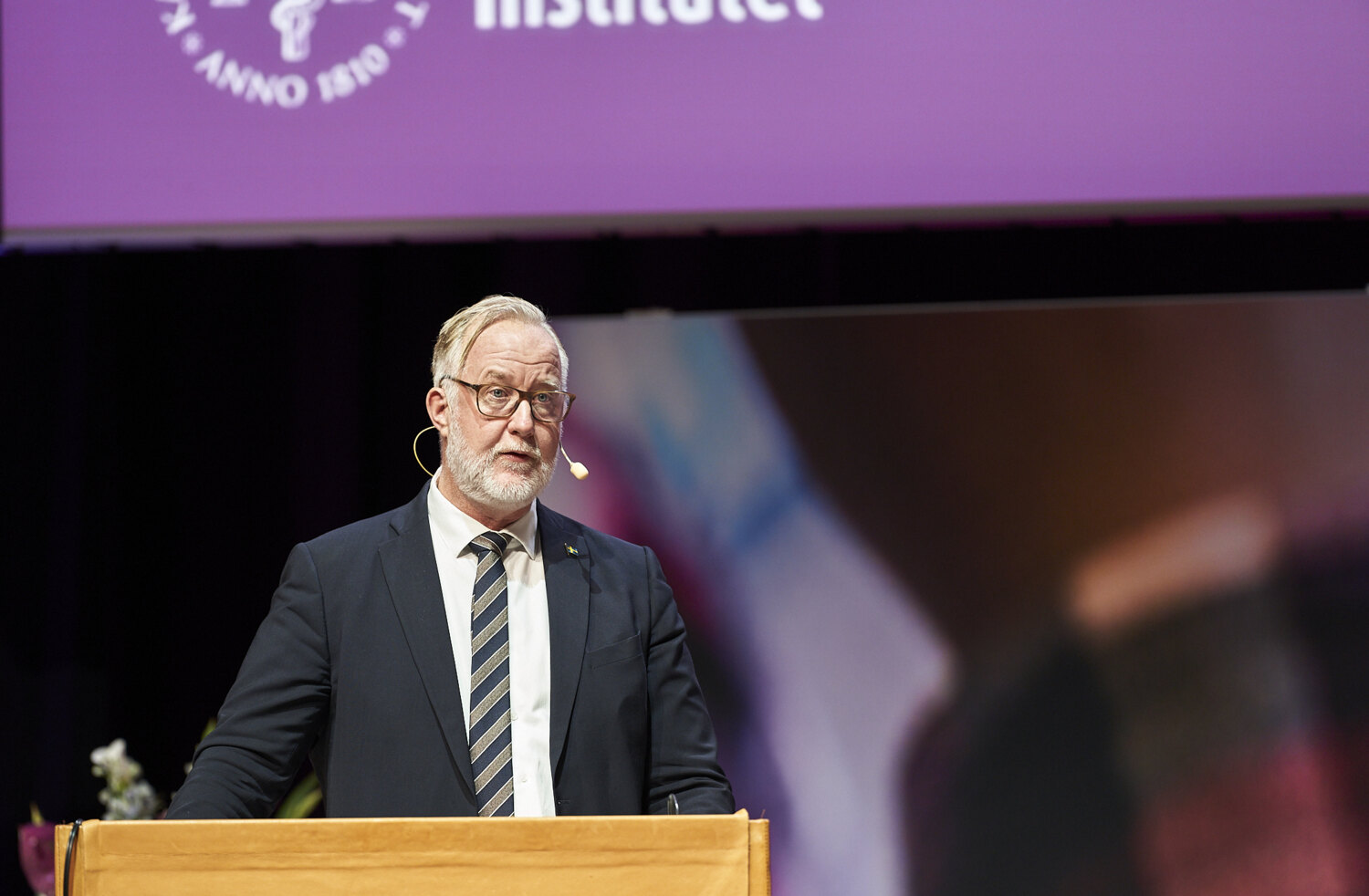Young professional Mikayla Pakinga-Lawson (Ngati Whakaue me Te Whanau-a-Apanui) recently joined the FMA team as an Adviser in the Investor Capability team. Mikayla was an early adopter of online investing platforms, and purchased two properties before the age of 30.
Mikayla Pakinga-Lawson worked at a bank for seven years, and during that time helped hundreds of Kiwis secure home loans and get on the property ladder. When it came to purchasing her own property, having been familiar with the process came in handy. Once she reached her goal of buying her first home, a few years later, she went one step further, using the equity from her home to purchase another property – this time for her mum and sister.
Mikayla is quick to explain that she didn’t set out to become a property investor and the purchase of her second property was motivated by family circumstances as well as a different outlook on wealth.
“I prioritised getting my own house first, then I had enough equity to buy a house for my mum who had become a full-time carer for my sister. There’s a cultural element as well – I am Māori and have a collective view of the world. What is mine is also my friends’ and family’s so that second house I would consider to be my mum’s.”
So how did this finance professional get to her current position, all before the age of 30?
Mikayla’s investing journey goes back to her student days when she was studying arts and commerce at the University of Auckland. An opportunity to invest in shares landed on her lap, in the form of an invitation to beta-test an online investing platform.
“I received an email invite as I was part of the investment group at university. Even though I had no idea about investing and wasn’t particularly active in the group, I thought I’d like to be ahead of the crowd.”
Being an early adopter has its perks as Mikayla’s investments have had more time to mature and grow in value.
“My investing history goes all the way back to 2015 and I can see how my investments have performed over quite a long period of time. I don’t think many people my age have that kind of data.”
Since then, she’s maintained a fortnightly automatic payment from her salary towards her investments. Most are in exchange-traded funds, though she’s also partial to dividend-paying investments and reinvesting those gains.
“My focus can become more ‘set and forget’ as I go through different phases in my life, for example being busy with starting a new job. I prefer ETFs and managed funds because they’re low maintenance and I don’t need to think about it all the time.”
Mikayla says she doesn’t look at her investments often – maybe once a month at most.
“For the rest of the month, my investments are none of my business. I am in it for the long-term for sure.”
Her other investments include KiwiSaver, which was her first foray into investing and was set up by her parents when she was still in school.
She attributes her healthy detachment to her investments to the advice from her late father.
“My father was not an investor but he had a fantastic way of looking at life objectively. He said to me that dollars are just numbers on a spreadsheet. As we go through different economic cycles, that has stayed with me, and it means I’m not too emotionally attached to my investments.”
Mikayla is careful to rigorously vet her investments before putting in any money. She feels confident doing her own research drawing on her previous experience and connections in the banking sector.
“I have a wealth of ex-colleagues and friends working in the financial industry and I spend time talking with them on how the markets are tracking – I prefer this to keeping up with the news as I tend to doomscroll!”
But what about those who don’t have a background in finance? Mikayla’s message is diversify, diversify, diversify.
“You can’t take two steps into the investment field without hearing the word “diversify” repeated over and over but it really is the key to investing.”
She also believes it’s important to understand how much she’s willing to lose and how much of her portfolio is allocated to different investments.
Her favourite investing quote is from Warren Buffet – “The most important quality for an investor is temperament, not intelligence.”
“You want to have that temperament to stick it out in the market,” she says.
It’s a sentiment that has served her well in her investing journey to date.
*The views and opinions expressed above are those of the interviewee and do not necessarily reflect the views or official position of the FMA.
Useful FMA resources:








